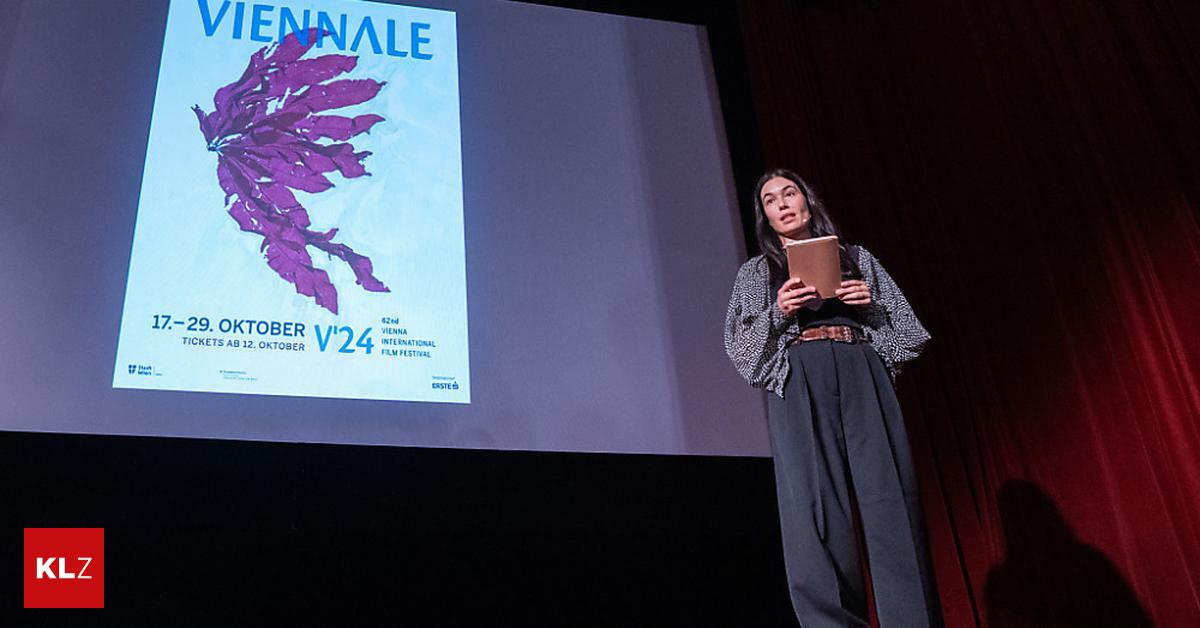The award-winning festival films of the season are all there: Pedro Almodóvar’s Venice-winning film “The Room Next Door”, Sean Baker’s tragicomedy “Anora”, which won the Palme d’Or in Cannes, Albert Serra’s matador film “Tardes de.” which won a prize in San Sebastian Soledad” or the Berlinale-winning documentary “Dahomey” by Mati Diop about the return of stolen colonial art. Also Berlinale-winning is Sebastian Stan, who received the actor award for his performance in Aaron Schimberg’s “A Different Man,” which is also being shown, as an actor with facial disfigurement. Four award-winning actresses (in Cannes) can be seen in Jacques Audiard’s queer musical “Emilia Pérez” about a transsexual drug clan leader. Joshua Oppenheimer’s feature film debut, “The End”, in which Tilda Swinton and Michael Shannon play a family in the end times, is still without any notable festival honors, but is also a musical.
Under director Eva Sangiorgi, the Viennale scores not only with big names, but above all with small gems, avant-garde approaches and a cinema that deals with “international crises”. Several works at the 62nd edition of the International Film Festival in Vienna address the Middle East conflict, such as “A Fidai Dilm” by Kamal Aljafari, “No Other Land” by a directing collective or “The Diary of a Sky” by Lawrence Abu Hamdan – a sky diary about Beirut.
Many Austrian premieres
The domestic cinema is very present this year: The production “The Million Dollar Bet” by Thomas Woschitz, which was filmed in the USA, will be premiered, and Mo Harawe’s Cannes film “The Village Next to Paradise”, Kurdwin Ayub’s Locarno, will have its Austrian premieres. Clearer “Mond”, “Bluish” by Lilith Kraxner and Milena Czernovsky or Alexander Horwarth’s documentary essay “Henry Fonda for President”.
In terms of content, this fits in with the retrospective, which is dedicated to the work of the US director and political activist Robert Kramer, who died in 1999. Each of his films is “like a Bob Dylan song,” emphasized Filmmuseum boss Michael Loebenstein. And the Film Museum provides a comprehensive look at the Austrian actress Helene Thimig.
The duration of the documentary excess “Exergue – On documenta 14”, for which director Dimitris Athiridis accompanied the previous documenta curator Adam Szymczyk in the preparation of the ultimately highly controversial world art show, is not 24, but at least 14 hours. The Viennale packages the mammoth work into more digestible three parts when it is projected and into two parts when it is repeated. At the other end of the length spectrum are the short films, which this year are packed into seven programs.
Tickets go on sale on October 12th at 10 a.m.
Details: viennale.at
